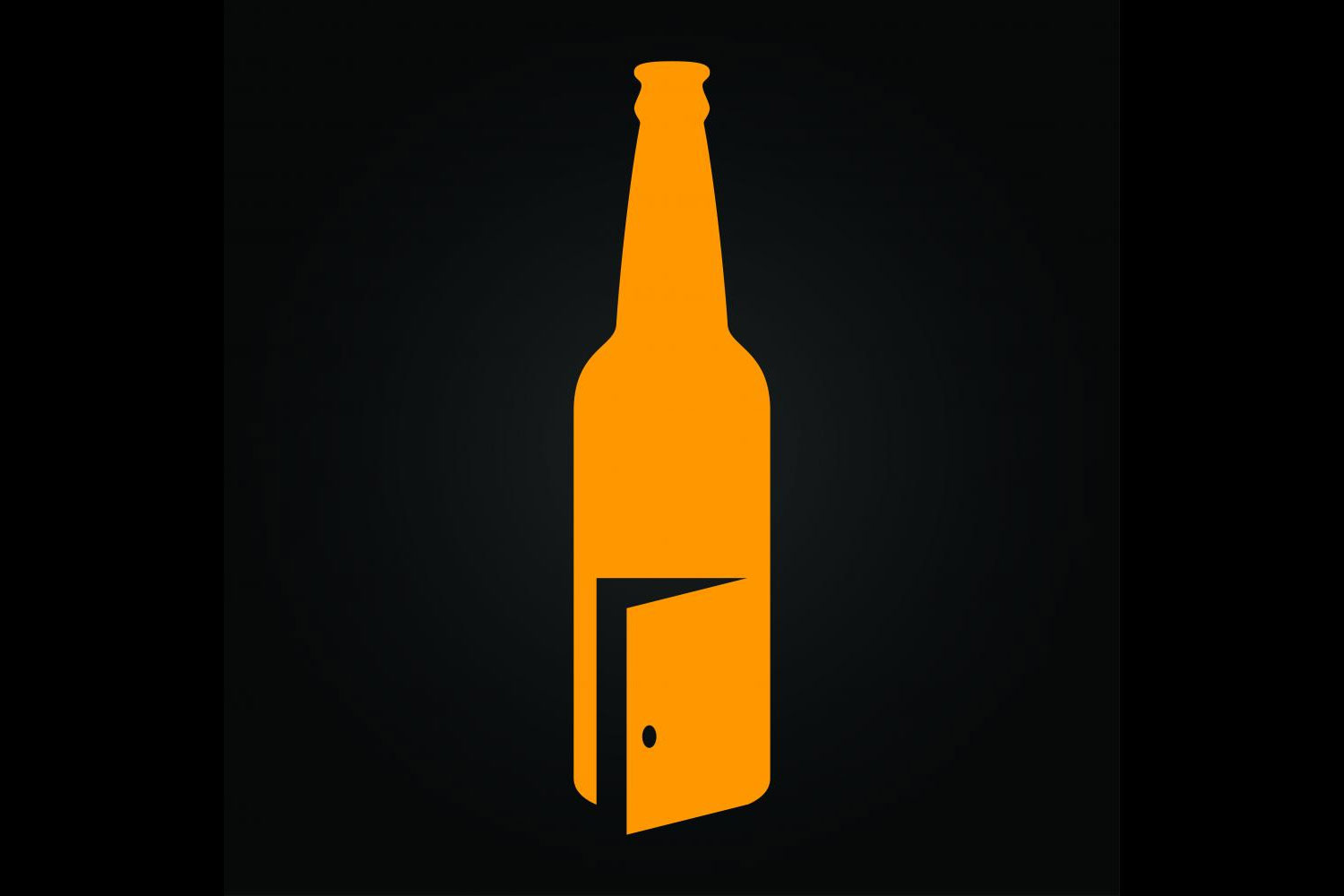
The Excise Department's liquor policy does not conflict with the Move Forward Party's Progressive Liquor Act, says deputy director-general Kriengkrai Pattanaporn.
Mr Kriengkrai said the proposed Progressive Liquor Act by the Move Forward Party aims to liberalise liquor production, allowing both small and large producers to enter the market.
The proposal is consistent with the department's policy, so if the party is able to form a government and pass this law, the department has no objections, he said.
Liquor producers were previously divided into two categories: community producers and large producers.
The cabinet approved a draft amendment to ministerial regulations for liquor and beer production in November 2022 that allows small enterprises to upgrade to become medium-sized producers.
In Thailand, small manufacturers are those with a production rate of 5 horsepower (hp) or less, while the production rate of medium-sized producers is 5-50hp.
Large manufacturers are those with a production rate exceeding 50hp.
There are thousands of small, community-based producers in the country.
Since the amendment was passed, only one small producer applied for a licence to upgrade to a medium-sized manufacturer.
There are no restrictions to apply for a licence to become a large producer, but new players are less likely to enter the market because of the high market value of 400 billion baht per year, meaning it would require a sizeable investment for market entry, he said.
There are also restrictions on alcohol advertising to limit the influence of liquor manufacturers.
However, if more players enter the market, it is expected to generate more revenue for the department, said Mr Kriengkrai.
As for beer production, only large breweries and brewpubs exist. One obstacle is an amended rule that added a condition requiring brewers and distillers to conduct an environmental impact assessment, as required by the Department of Industrial Works, he said.
Mr Kriengkrai said tax collection for alcoholic beverages during the first seven months of fiscal 2023 has improved, following the country's full reopening.
The department collected 40.3 billion baht from liquor drinks, an increase of 10% from the previous year, and 54 billion baht from beer sales, up 3% from the previous year.